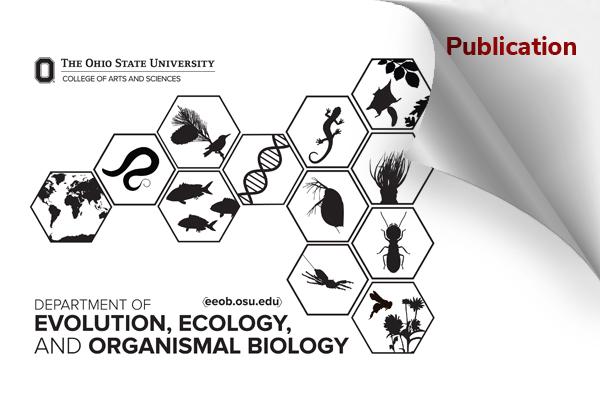EEOB Publication - Miriti

ESA 2024 Meeting Review: Belonging and Identity in Ecology
Holly C. White, Kari O'Connell, Jarrod L. Brown Jr., Suzanne Ou, James Vonesh, Natasha N. Woods, Sam Albert, Roxanne Beltran, Abraham Borker, Daniel Carr, Holly Cho, Rodney J. Dyer, Mindy Findlater, Alison Jolley, Jessica Malisch, Kayla McLagan, Maria N. Miriti, Katharine Ruskin, Joey Parent, Emily Philpott, Stephanie Shaulskiy, Christina Spohn, Erika Zavaleta. 2025. doi.org/10.1002/bes2.2228
Introduction
Discipline-based education research has become increasingly important within ecology. Each year, the annual Ecological Society of America (ESA) meeting hosts sessions and workshops centered around teaching and learning in ecology. Much of this research has focused on student outcomes related to knowledge, conceptual understanding, and skill-building, as well as how instructors can support the development of these outcomes (e.g., Klemow et al. 2019, Prevost et al. 2019, Smith et al. 2019). However, there is a need to better understand how we can support the development of affective (feelings and emotions) outcomes in undergraduate ecology education (Ward et al. 2021, Shinbrot et al. 2022).
Sense of belonging has been shown to contribute positively to students' mental health and well-being (Pittman and Richmond 2008, Kennedy and Tuckman 2013, Gummadam et al. 2016), academic achievement and motivation (Freeman et al. 2007, Zumbrunn et al. 2014, Wilson et al. 2015), and institution-level retention (Finn 1989, Tinto 1993, 2017, Hausmann et al. 2009), and it is pivotal for supporting students underrepresented in STEM disciplines (e.g., Estrada et al. 2016, Hernandez et al. 2013, Hurtado and Carter 1997, Marshall and Thatcher 2020, O'Brien et al. 2020, Rainey et al. 2018). Sense of belonging refers to the feeling of being valued, included, and accepted (Goodenow 1993). In the context of ecology, research shows that students who experience a low sense of belonging are less likely to want to pursue graduate studies in the discipline (O'Brien et al. 2020). Further, African American students in ecology experience a lower sense of belonging than their white peers (O'Brien et al. 2020), making this an important issue related to increasing equity in ecology.
This meeting review summarizes an ESA 2024 organized oral session focused on emerging research and practice about belonging in ecology education. In this session, speakers from different types of institutions, career levels, and disciplines presented an array of education research studies and cases of undergraduate programs, field courses, and research experiences that aim to support belonging. Below, we review the session's talks and provide recommendations for future research studying affective outcomes in ecology.
